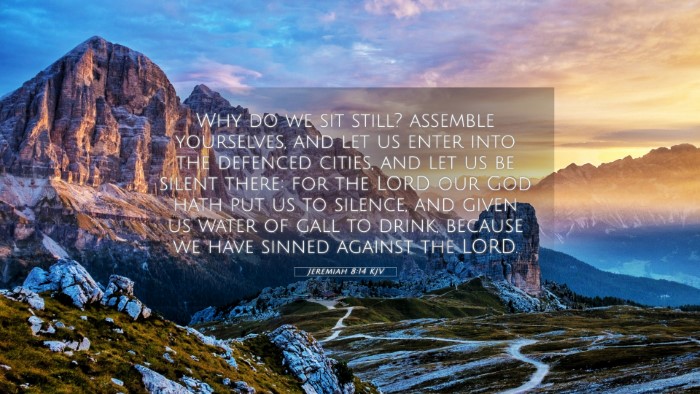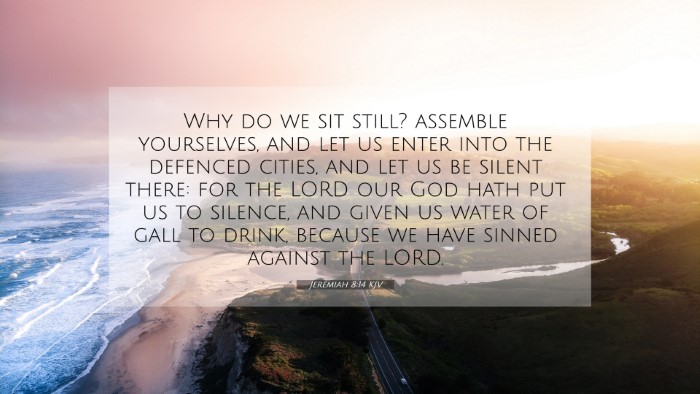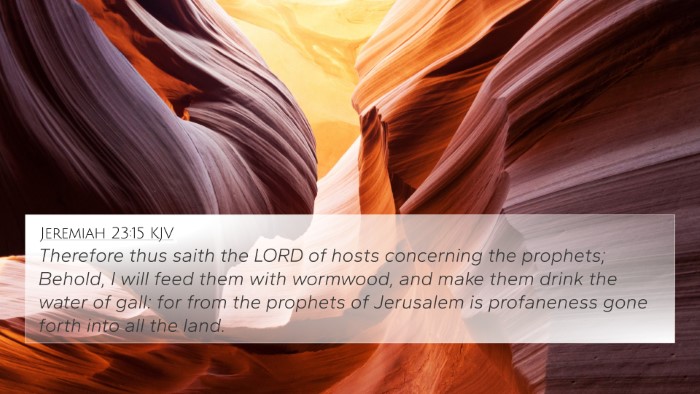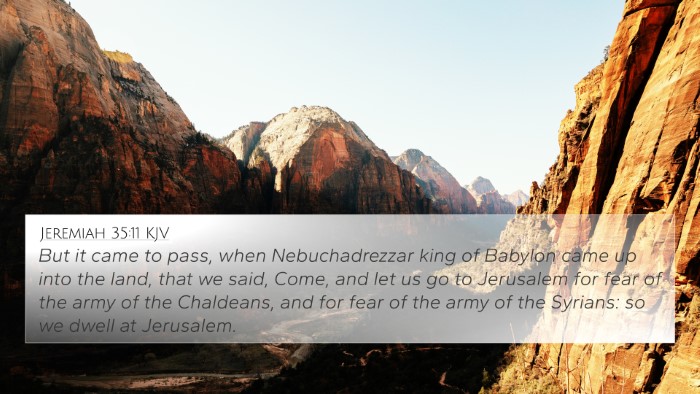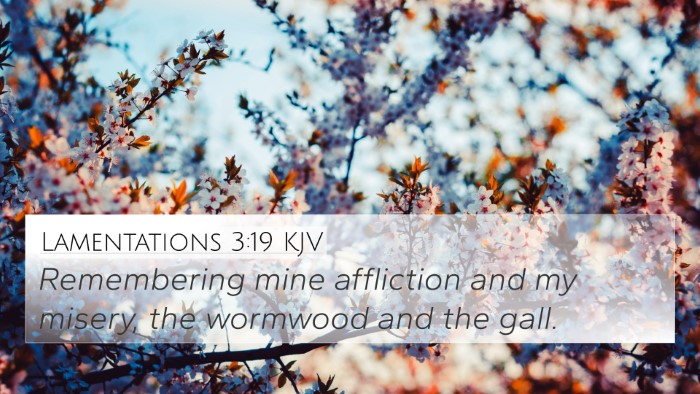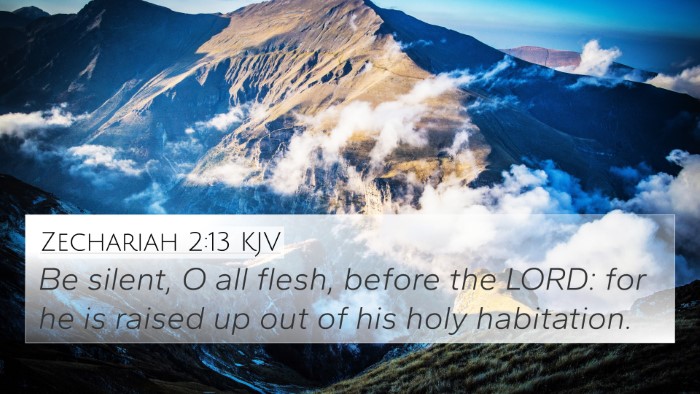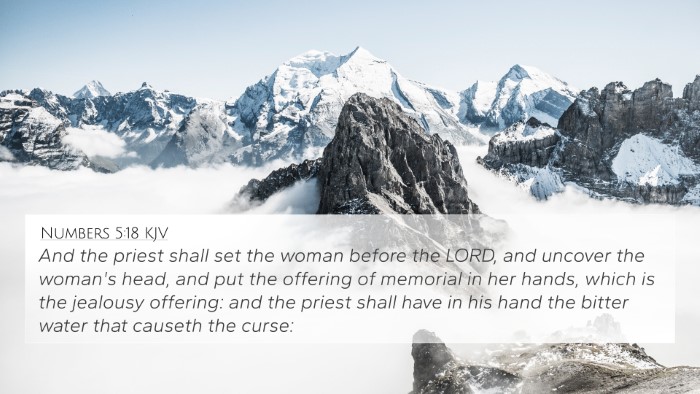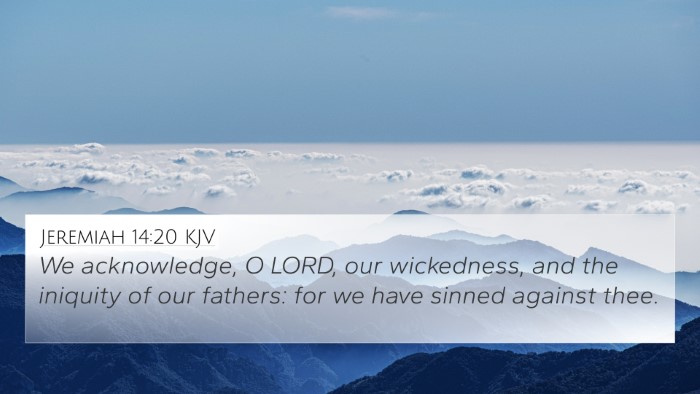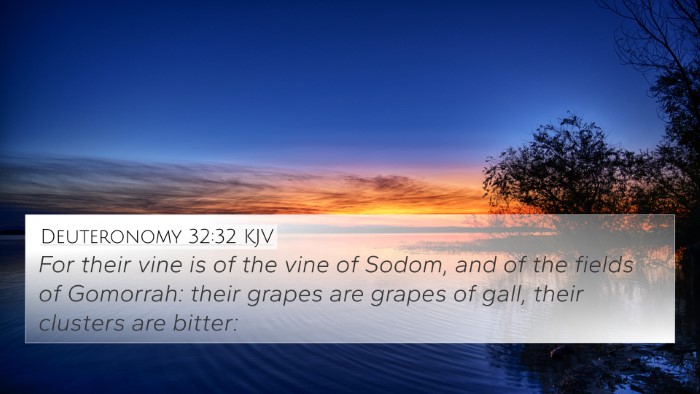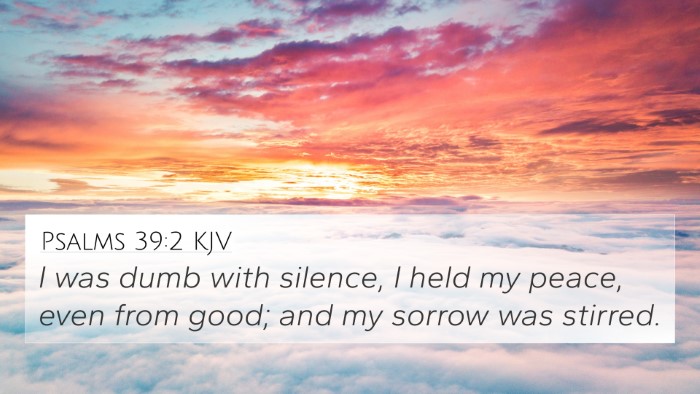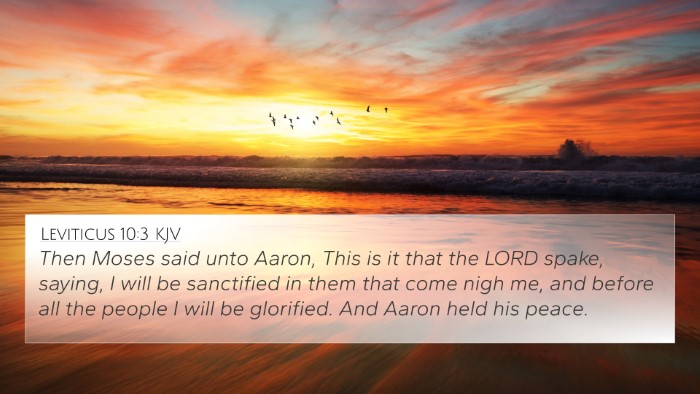Understanding Jeremiah 8:14
Jeremiah 8:14 states, “Why do we sit still? Assemble yourselves, and let us enter into the fortified cities, and let us be silent there: for the Lord our God hath put us to silence, and given us water of gall to drink, because we have sinned against the Lord.” This verse captures the profound despair and hopelessness faced by the people of Judah, reflecting their urgent cry for understanding amid divine judgment.
Contextual Background
Jeremiah, known as the "weeping prophet," delivered God’s messages during a turbulent period in Judah’s history, foretelling the impending Babylonian invasion. In this verse, the people express a sense of resignation and fear, recognizing their sins against God. Understanding this context is vital for deeper scriptural analysis.
Key Insights from Public Domain Commentaries
Matthew Henry's Commentary
Matthew Henry emphasizes the futility of running to fortified cities as a sanctuary, highlighting that true safety comes from repenting and returning to God. He argues that the silence and bitter drink symbolize God’s discipline, meant to awaken His people to their dire spiritual condition.
Albert Barnes' Notes
Barnes draws attention to the metaphor of “water of gall,” indicating bitterness and distress. He elaborates on the communal despair of the people, who, despite their shared predicament, fail to collectively turn to God for deliverance. This serves as a potent reminder of the consequences of collective sin and the need for communal repentance.
Adam Clarke's Commentary
Clarke notes the historical and literal significance of “fortified cities.” He interprets the urging to retreat to the cities as a desperate attempt to escape inevitable judgment. He stresses the importance of understanding God's sovereign control over their circumstances, and how their refusal to repent ultimately leads them to despair.
Bible Cross-References
Jeremiah 8:14 relates to several other Scriptures, offering a deeper understanding through thematic Bible verse connections:
- Jeremiah 6:26 - A call for mourning and repentance amidst calamity.
- Isaiah 30:15 - God’s promise of salvation through repentance and stillness.
- Lamentations 3:15-18 - The bitterness of suffering and the resulting loss of hope.
- Psalm 69:21 - A poetic depiction of suffering and divine anguish.
- Proverbs 1:24-27 - Wisdom’s plea and the consequences of ignoring God’s guidance.
- Ezekiel 3:26-27 - God’s strict warning to His prophets amidst the people’s sins.
- Revelation 8:11 - Symbolism of bitterness as a divine warning and the consequences of disobedience.
Thematic Connections and Interpretations
This verse’s core themes intertwine with various biblical motifs including sin, judgment, and repentance. The call to “assemble” reveals a critical need for unity in acknowledging sin, while the metaphor of “water of gall” solidifies the idea that divine discipline can feel unbearably bitter but is ultimately aimed at redemption.
Tools for Bible Cross-Referencing
To deepen your understanding, using a Bible concordance can aid in finding links between verses. Engage with a cross-reference Bible study to enhance your comprehension of thematic connections. Various resources like a Bible cross-reference guide and Bible reference resources provide a structured approach to navigating these connections.
Practical Application and Reflection
In reflecting upon Jeremiah 8:14, one may ponder:
- What fortified cities do we seek in our lives instead of turning to God?
- How can we collectively raise our voices in repentance as opposed to silence before God’s judgment?
- What bitterness do we need to address in our lives in the face of disobedience?
Understanding these dynamics enriches the personal and communal faith experience and opens the door to profound scriptural cross-referencing.
Conclusion
Jeremiah 8:14 serves as a stark reminder of the dire consequences of collective sin, the essential nature of repentance, and the hope found in God’s discipline. The insights from respected commentaries provide a multifaceted approach to interpretation, and the interconnectedness with numerous scriptures enhances our understanding of God’s message.

